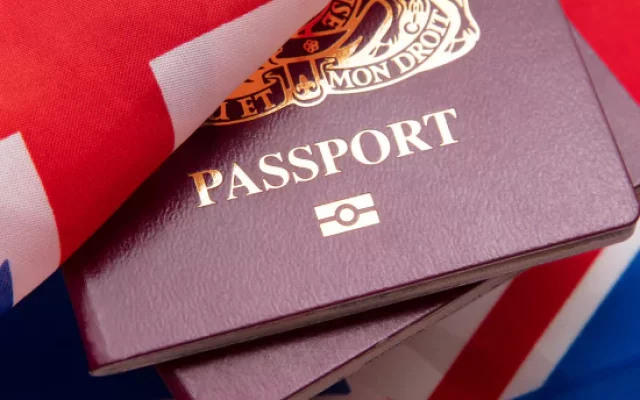Students From Nigeria
April 15, 2024 2024-05-31 17:04Students From Nigeria
Country Specific
Before proceeding, we strongly recommend reviewing the guidelines on qualifications from your home country that are recognised as equivalent in the UK. The information provided below serves as a reference for selected countries commonly represented among prospective PGCE applicants and students at UK Training Hub.

Students From Nigeria
Pursuing a PGCE in the UK: A Guide for Nigerian Students
Nigerian students aiming for a PGCE will find the UK’s educational landscape both challenging and enriching.
Visa and English Language Proficiency:
Alongside your visa application, demonstrating English proficiency through IELTS or TOEFL is mandatory. Engage with preparatory courses if necessary to meet the requirements.
Adjusting to Life in the UK:
Embrace the cultural and academic differences, seeking support from university services designed to assist international students in adapting to their new environment.


Academic Credentials:
The WAEC/NECO Senior School Certificate with a grade of C6 is considered equivalent to GCSE grade C/4. A Second Class Lower degree, with various GPA requirements depending on the institution, is needed for PGCE entry.
Understanding the UK University Grading System
With the UK being a prime destination for over 452,225 international students in the academic year 2020–2021, it’s crucial to grasp the nuances of its university grading system. Ranking among the top 5 choices worldwide for undergraduate studies, the UK’s education system offers a distinctive grading scale that might differ from what international students are accustomed to.
For those aiming to pursue a PGCE, a foundational requirement includes achieving a Grade 4 (or equivalent) in GCSE English and Maths, and Science for those interested in a science-focused PGCE. Additionally, a lower second-class degree, colloquially known as a Desmond or two-two, is required. This classification signifies a C grade, awarded for achieving between 50 to 59% marks. It represents the minimum academic threshold necessary for eligibility into most graduate programs and certain employment opportunities within the UK.
The UK grading system is classified as follows:
First-class (1st)
This top grade, representing 70% and above, correlates to an A grade, denoting outstanding achievement.
Upper second-class (2.1)
Achieving between 60 to 69% places you in this category, equivalent to a B grade, reflecting above-average understanding and performance.
Lower second-class (2.2)
Marks within the 50 – 59% range result in a C grade, indicating a good grasp of the subject with some areas for improvement.
Third class (3rd)
This grade is given for scores between 40 to 49%, equivalent to a D, suggesting satisfactory knowledge but with significant scope for enhancement.


